Capetown was finally starting to feel within arm’s (or in the case leg’s) reach. Adi and Fabian had only 4000 out of 35000 kilometres left to cycle and after almost two years on the road there was nothing that could stop them from reaching their goal. Except a global pandemic.
With close to no notice, the unscheduled life of wilderness was over, and the everlasting African plains were suddenly substituted by the green mountains of Switzerland. Covid definitely knows how to ruin a party.
Their last months of travel were spent in both Angola and Namibia and that’s what we will mostly talk about today. After all, the world is still out there, waiting to be discovered, once we are allowed to do it again.
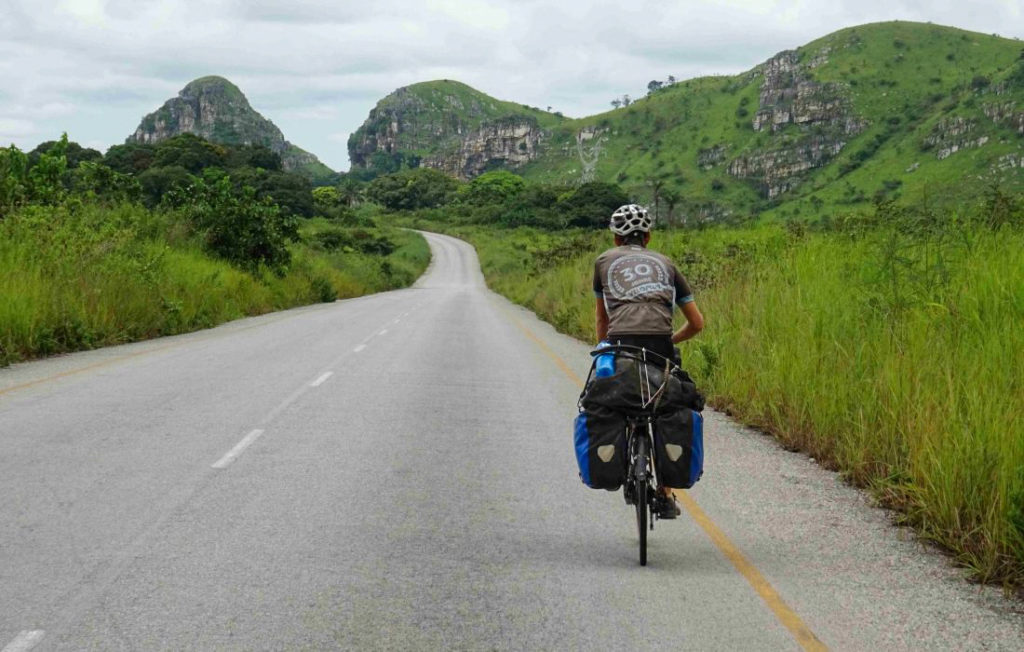
Angola seemed to mark the definite return to tarmac roads. What were your first impressions of this country?
The change in the beginning wasn’t that big, but after a while we were surprised about the poverty in rural Angola. We expected the standard of living to go up, but we felt like people got poorer and poorer the further we got from the border with the Democratic Republic of Congo. Then in Luanda, we realized that there were many rich people in this resource-spoilt country as well, but the gap between rich and poor was humongous.
Being from Portugal, I’m particularly interested in Angola. What have you learned about the history and culture of this country while you were there?
The history of this “young” country is dark and full of wars and death. That’s why we were even more surprised about how positive the attitude of the Angolans was. They tried to look forward and felt like their country was finally developing. We learned that in Angola there are many tribes with different languages and that the current borders divide the territories where these tribes previously lived together.
In Portugal we know Luanda to be a city of huge social and economic discrepancies. What was your experience in this city that is considered to be one of the most expensive cities in the world?
Yes, that’s what we witnessed in the capital. Before we reached the center of the city, we had to cycle through the slums of Luanda. People in these suburbs have no running water, no electricity and maybe one toilet per neighborhood, so the living conditions are horrible. Then in the city center we saw sports cars, yachts and skyscrapers which represent the rich oil companies and its employees.
Angola seemed to have some of the most breath-taking landscapes you have cycled through. What were your favourite places in the country?
We really liked the beaches and the mountains going inland. It was a nice change to see real mountains after all the jungle in Western Africa and in the central part of the continent.
The Serra Da Leba mountain pass and the view from Tundavala were our highlights in Angola.
What are your favourite Portuguese words?
Cerveja, comida (comer), obrigado. Our Portuguese is/was very limited.
– I feel wee need to work on this (Inês)
Your time in Namibia seems to have been a bit all over the place. Before the world turned upside down, what we the most amazing things you have witnessed?
When we crossed the border into Namibia it was already clear that something will happen to our trip, but we didn’t know what exactly would happen and in which timeframe. The most amazing thing we did was visit the Etosha National Park. We were almost the only tourists and we saw more animals than we were supposed to in this season. Thanks to a friend of Adrian we could also see a rhino just a few meters away and therefore saw more animals in Namibia than in the last six months of our trip.
After just a few days in Namibia you were “shipped back” to Switzerland. How weird and nice was it to have a guaranteed shower, flushing toilet, internet and all those things we take for guaranteed back?
It was actually not that strange to be back, since home is never weird or foreign. It was nice to have all the luxuries we craved for many times in Africa and not have to change places every few nights. The highlight was definitely to see all our family members and friends again after all that time away.
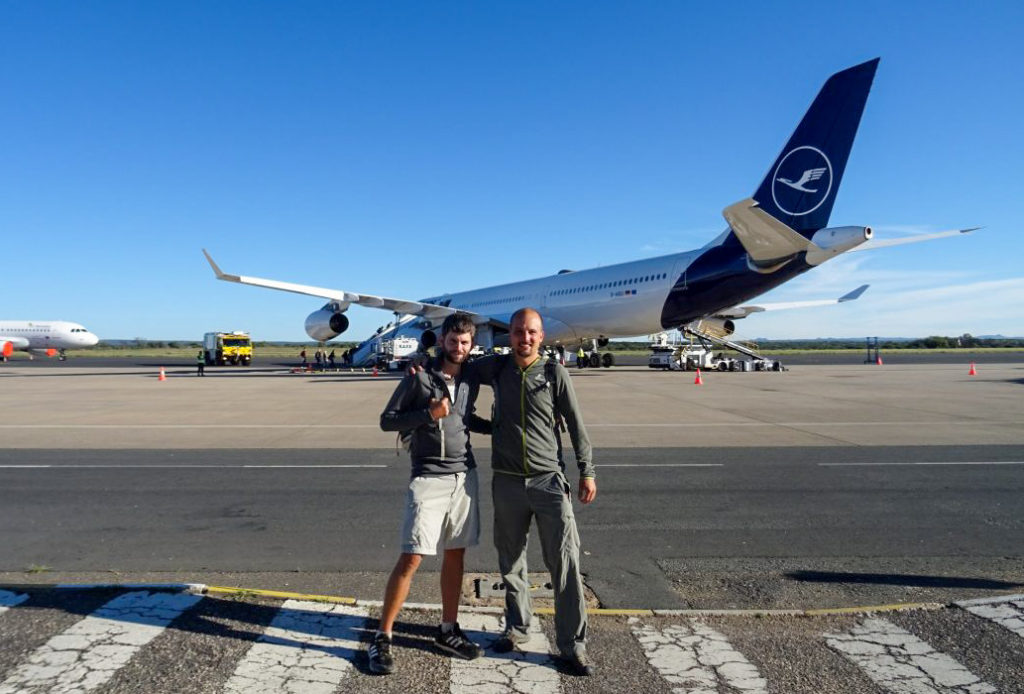
Is there anything that has changed in your daily routines or thought process since you came back?
Adrian: I try to eat more sustainably and healthier. My view of the world has changed and I try to be more conscious of the decisions we make here in Europe as I can see its consequences for underdeveloped regions as well.
Fabian: I appreciate many things more than before the journey and I am more relaxed. In addition, I do sports more often as well.
What are you doing to gain upper body strength so you don’t look so disproportionate? 😉
A bit of push-ups and pull ups, but it’s definitely not our strongest part of the body. Fabian does a lot of climbing, so he definitely has more practice for the upper body.
Finally, the million-dollar question: what happens now? Will you go back and finish?
We are both more or less back to work and try to socially integrate in Switzerland. As soon as the situation in southern Africa calms down and the Covid situation allows uncomplicated travelling again, we will be back in Namibia and finish the trip for sure.
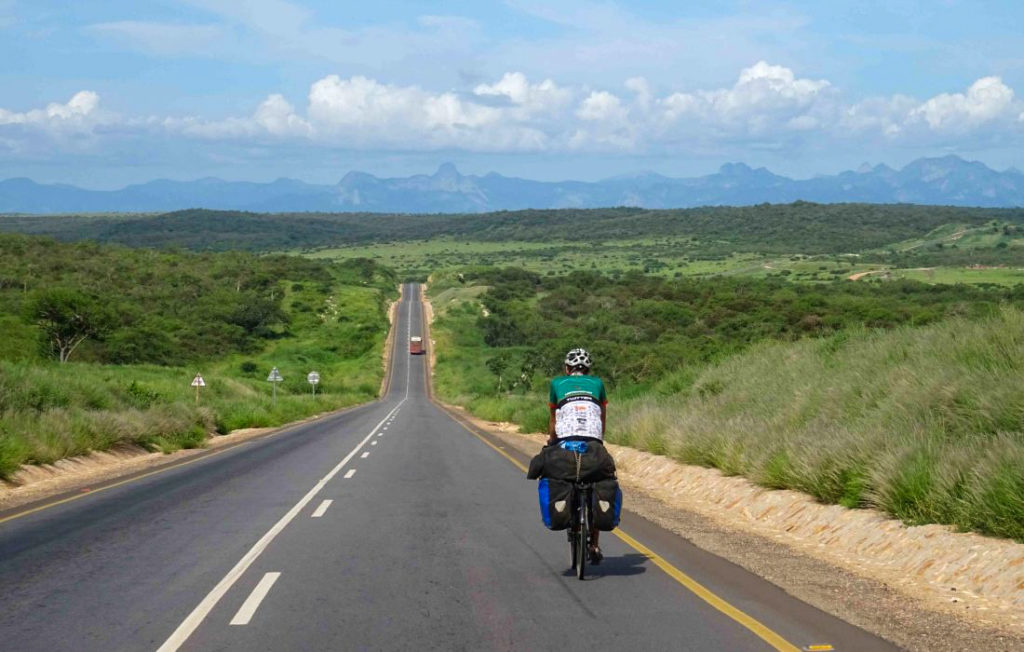
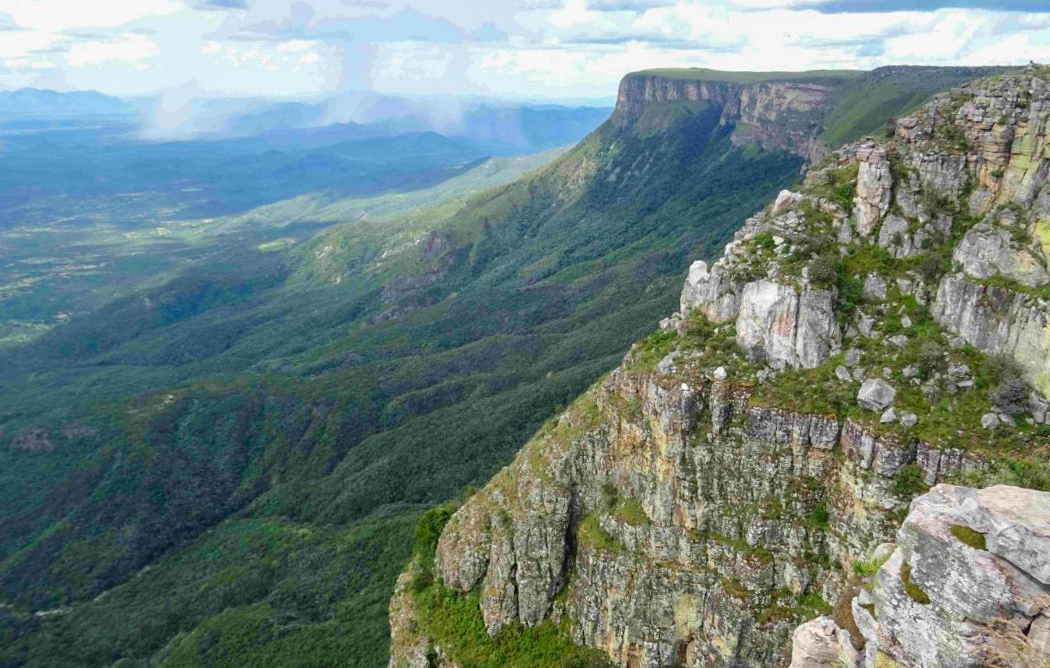
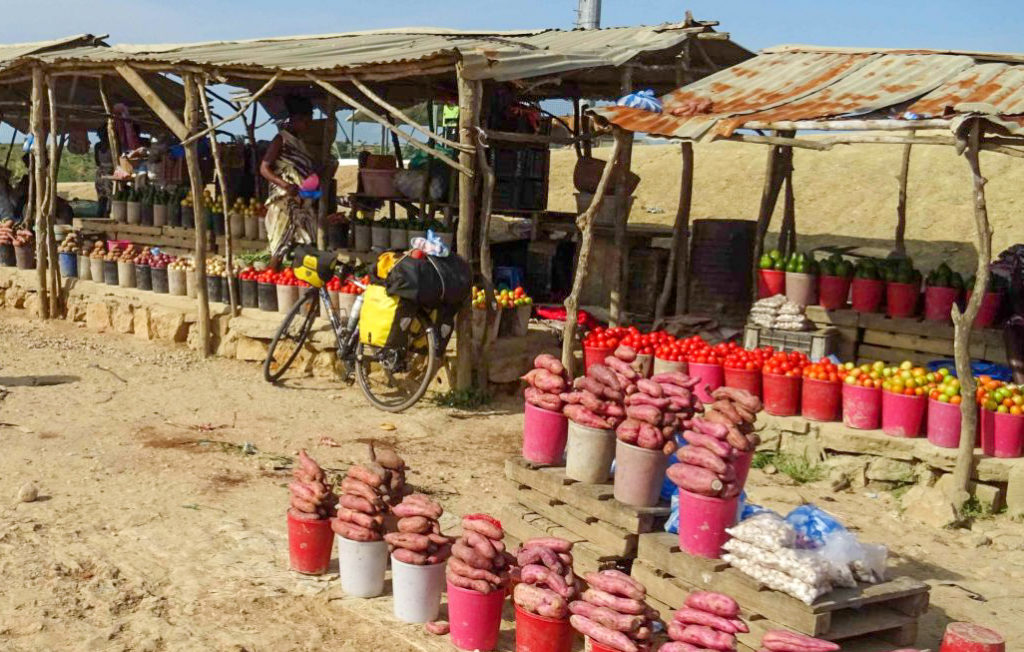

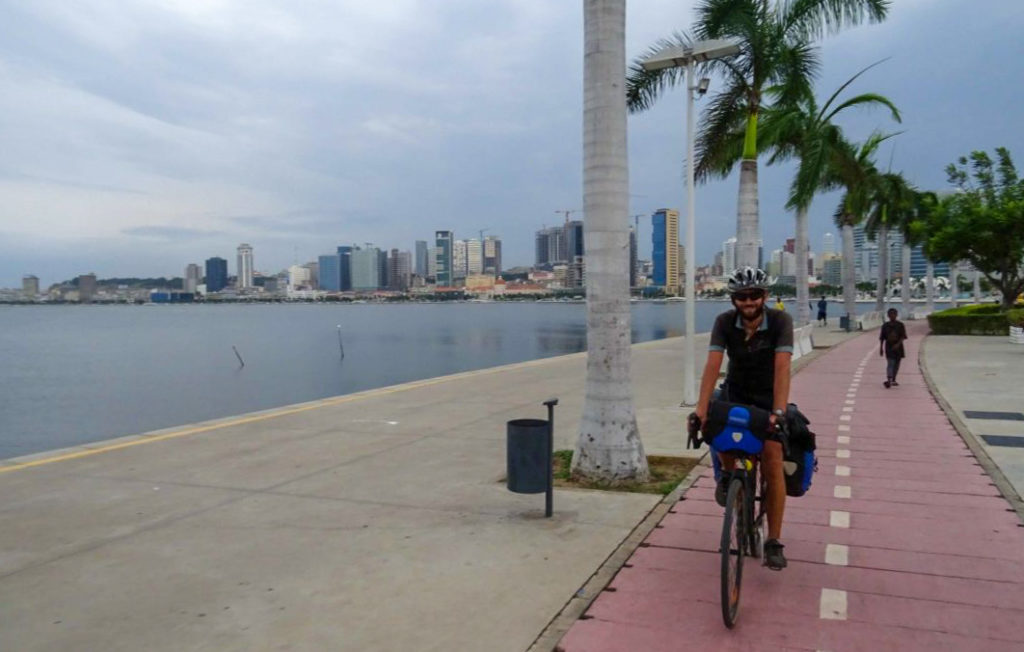

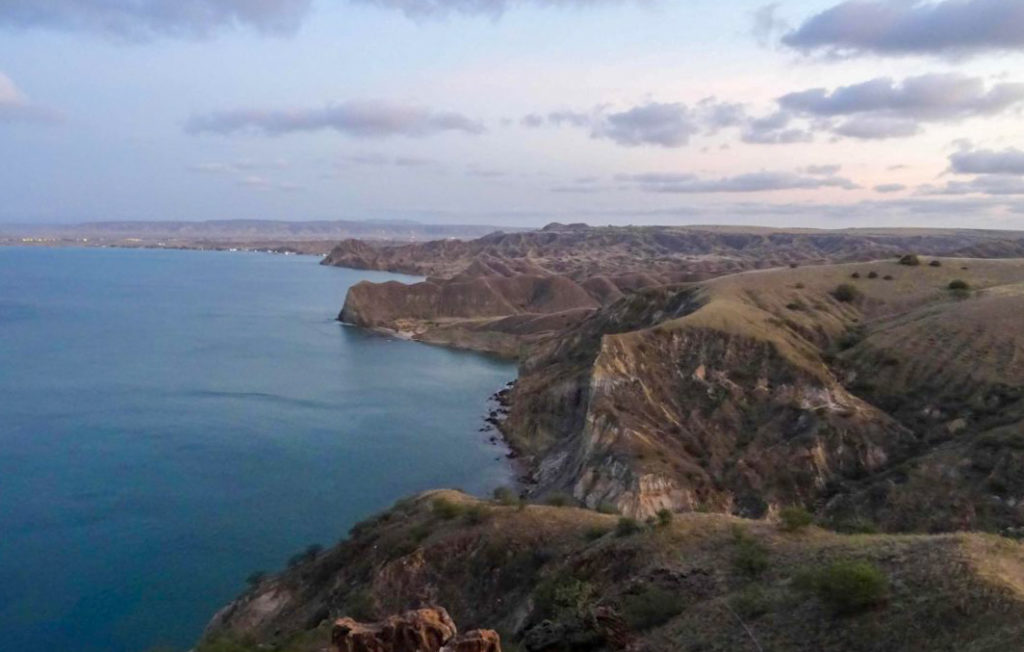
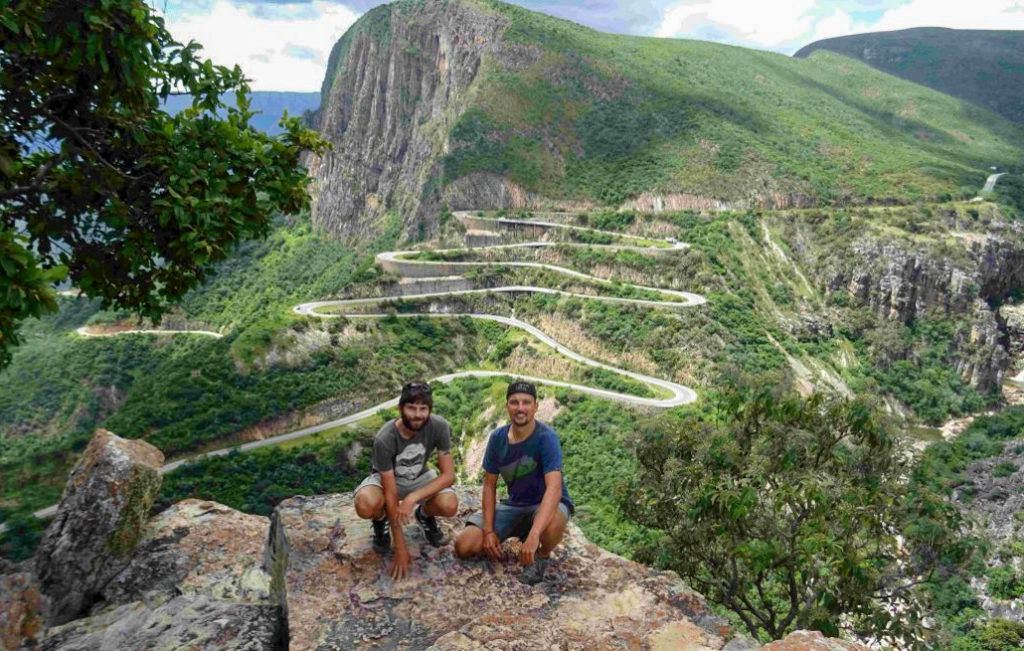
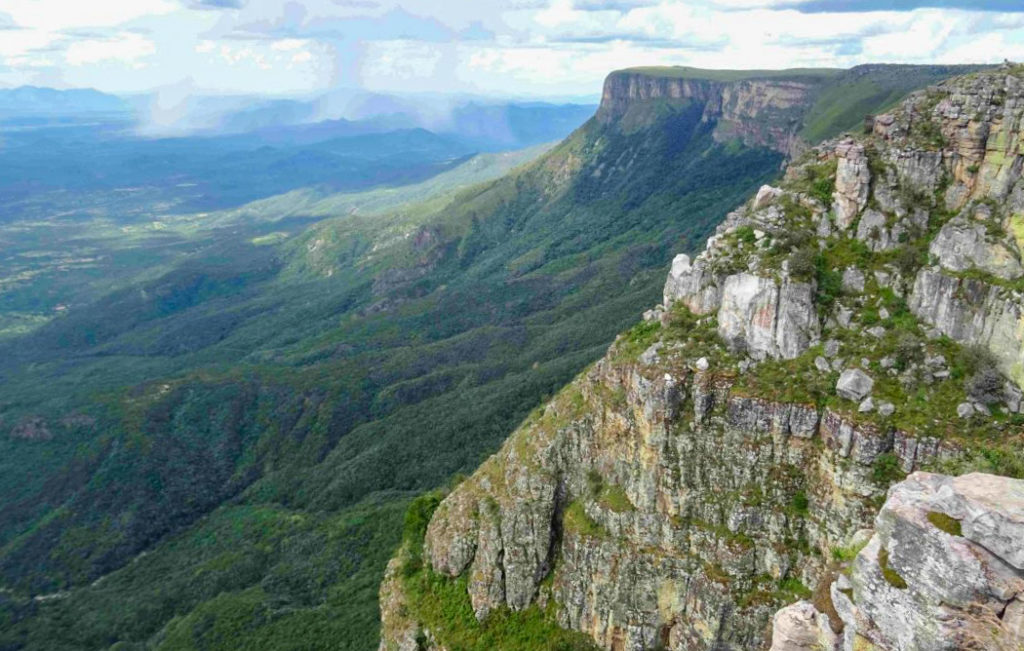
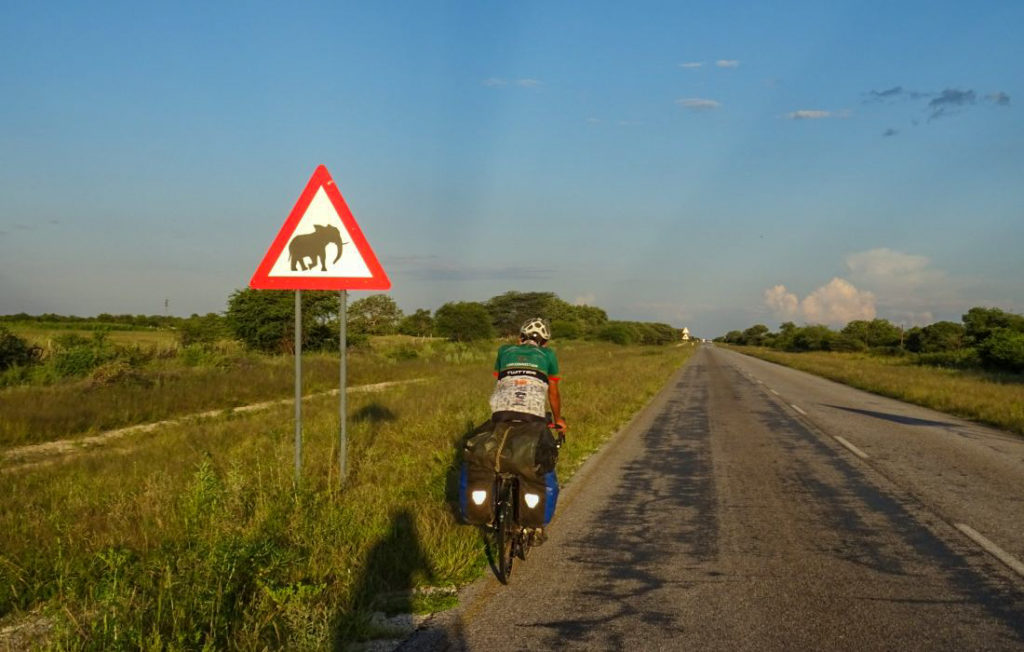
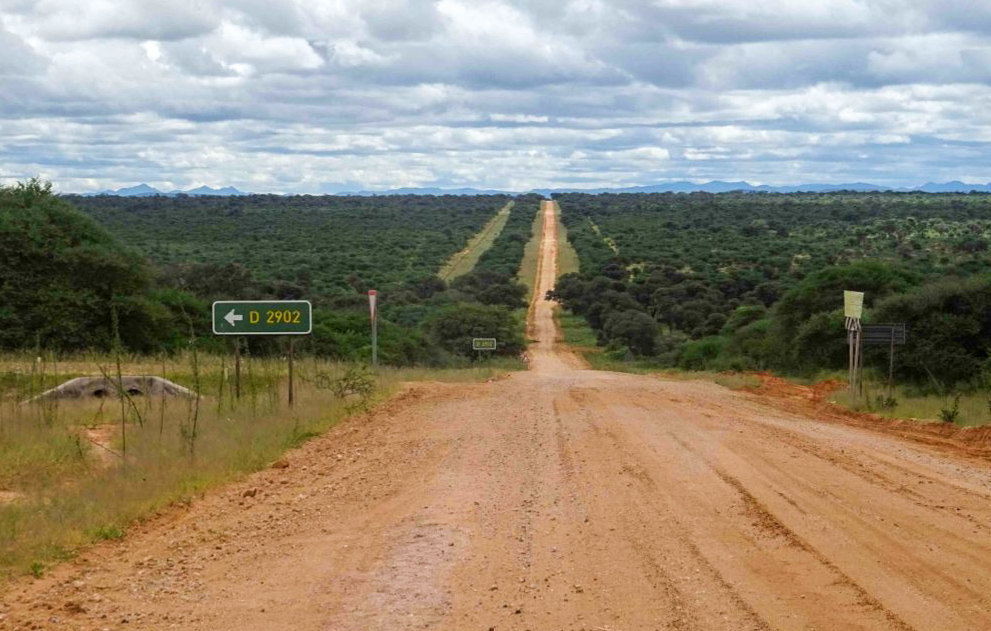
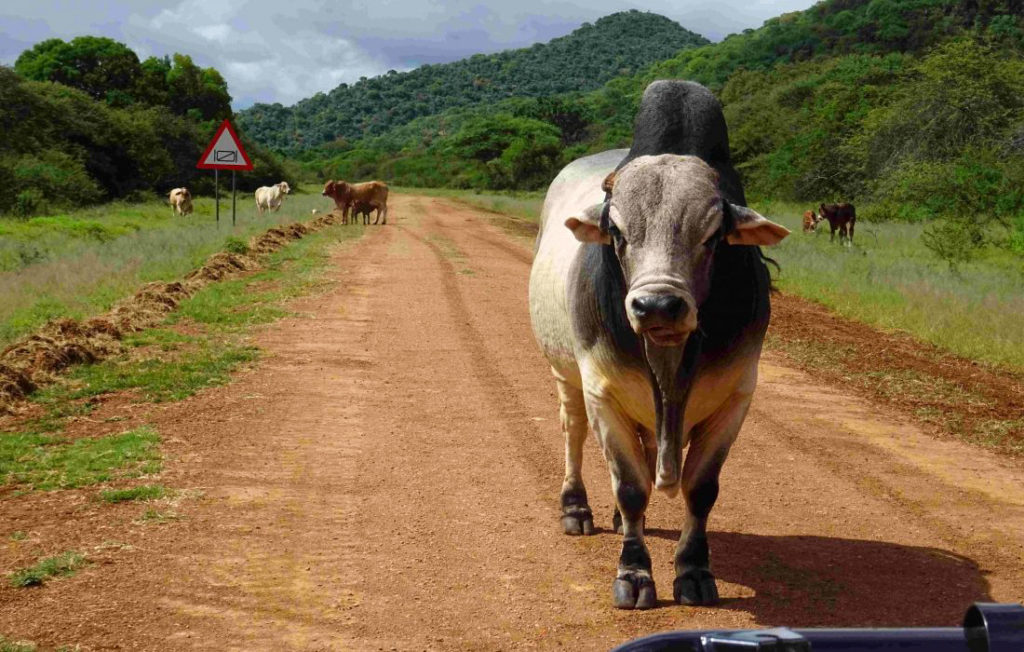


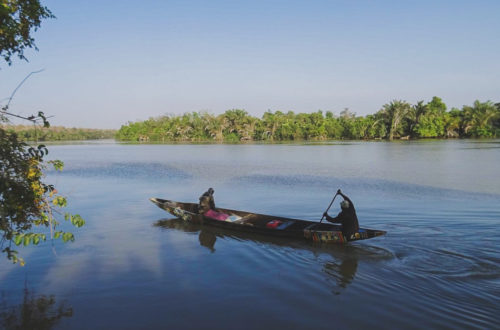
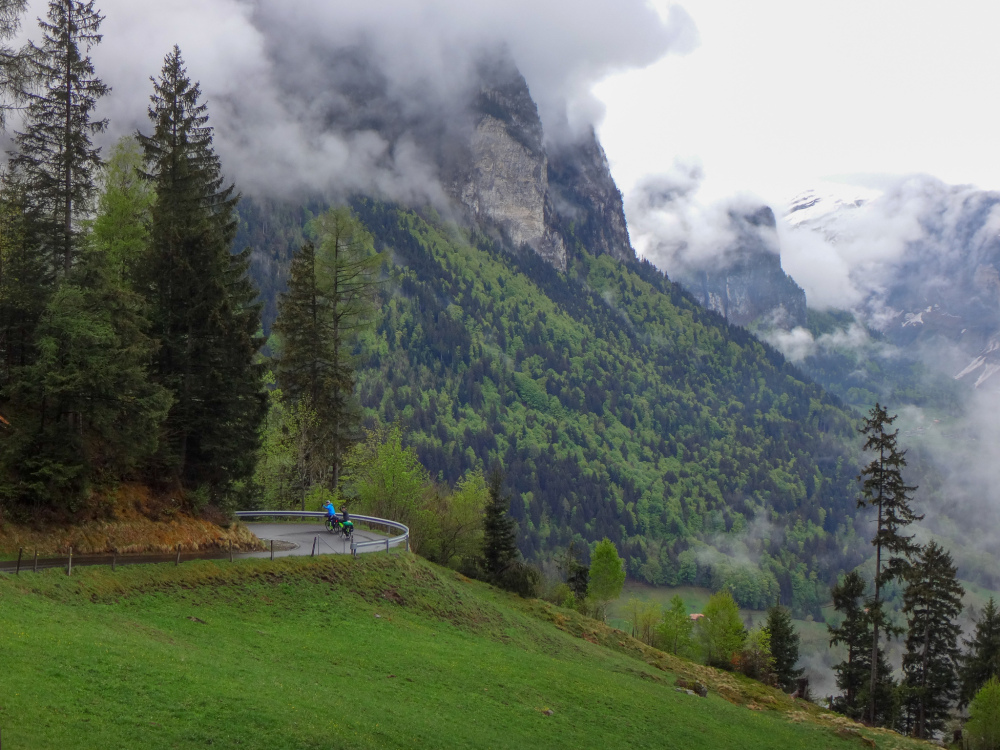
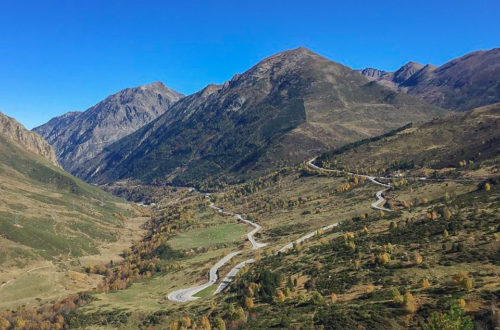
3 Comments
Miguel A. Gonçalves
Do mesmo modo, eu também, enquanto português, coloco Angola no topo da lista dos países africanos que mais me intrigam. Sendo um país que partilha o idioma e em certa parte, cultura histórica connosco, tenho a sensação que aqui a Portugal só nos chega uma ínfima parte da realidade de Angola. Gostava mesmo de poder um dia viajar por aí 🙂
Inês Amaral
Sim e o nosso (pelo menos o meu) sobre Angola e África em geral é tão limitado! Definitivamente mais um lugar para a lista! 😉
Pingback: